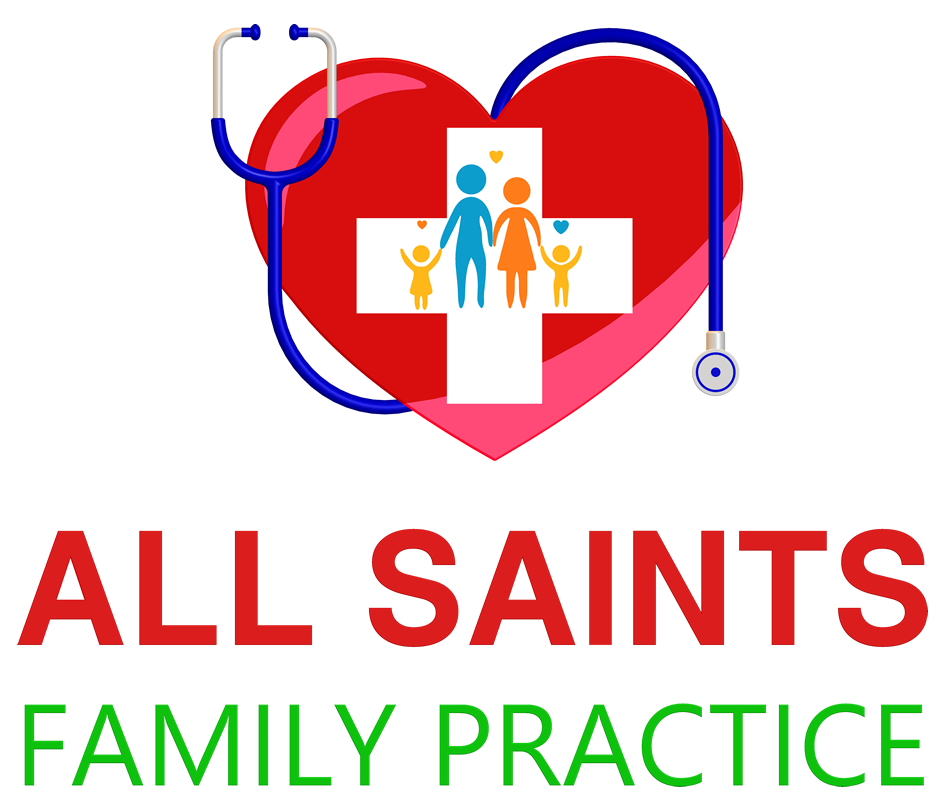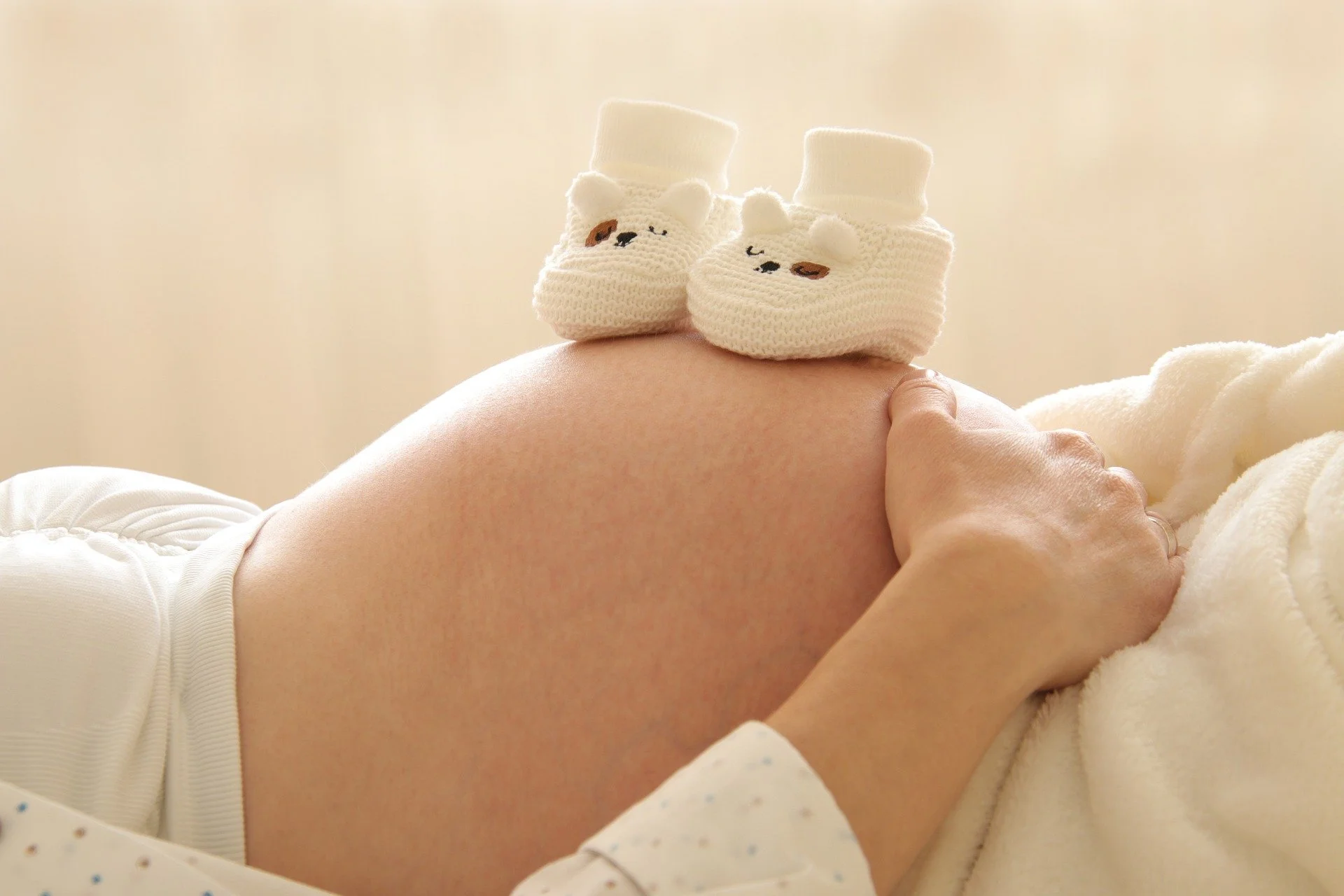High Risk Pregnancy
Dr Anu Mahadik - Obstetrician
What is a high risk pregnancy?
A pregnancy is considered high risk if you, or your baby, are at an increased risk of health problems before, during or after delivery. If your pregnancy is considered high risk you may have different pregnancy care needs.
Who is at more risk of a high-risk pregnancy?
A high-risk pregnancy can result from a medical condition that is present before pregnancy. You are more at risk of a high-risk pregnancy if you:
Are over 35
Smoked, drank or used drugs during your pregnancy
Are carrying multiple fetuses
Have a history of pregnancy-related hypertension disorders, such as preeclampsia
Have a history of premature birth
Have health problems, such as
High Blood Pressure
Heart or blood disorders
Diabetes
Obesity
Epilepsy
Thyroid disease
Poorly controlled asthma
Infections
Can you develop a high-risk pregnancy?
Yes, you may not always begin your pregnancy as high risk. A condition may develop during pregnancy that causes your pregnancy to become high risk. Complications can also develop during pregnancy, such as:
An abnormal placenta position
Fetal growth restriction (fetal growth less than the 10th percentile for gestational age)
Rhesus (Rh) sensitization when your immune system is attacking the baby
What happens if my pregnancy is high risk?
If you are high risk you will require special monitoring and care throughout your pregnancy. This may involve more regular appointments and additional tests.
Most women with high risks pregnancies deliver a healthy baby. We will help you determine what is needed.
Twin pregnancy
During a multiple pregnancy you can expect more pregnancy related symptoms including nausea & vomiting, heartburn, fatigue, varicose veins.
If you are having twins you will need more frequent checkups. This will be used to track your babies’ growth and development and monitor your own health. You will be watched closely for signs of preterm labour which is more common in multiple births. You may be sent for more frequent ultrasounds and other tests, especially as the pregnancy progresses.
You should be prepared for an earlier delivery. If you don’t then you should expect to have your birth planned before your due date either by an induction of labour or by caesarean section. The timing of birth will depend on the type of twins and any other associated pregnancy complications.
Hypertension and pregnancy
Some women may have raised blood pressure during pregnancy. If this occurs after 20 weeks and associated with excess protein in your urine, it may part of complex condition called pre-eclampsia.
Some women have a higher chance of having pre-eclampsia during their pregnancy. These include:
Women in their first pregnancy
Women with pre-eclampsia in their last pregnancy
Women with pre-existing diabetes
Women with high BP prior to pregnancy
Women with autoimmune diseases like SLE
Women with kidney diseases
Women who are Obese (BMI > 30)
Diabetes and pregnancy
Women who have pre-existing diabetes can have successful and healthy pregnancies with proper planning and pre-pregnancy counselling.
Pre-pregnancy counselling will allow us to check how well your diabetes is controlled and whether your diabetes is affecting your kidneys/heart/liver/eyes
Ensuring that your blood sugars are well controlled prior to falling pregnant, ensuring that you are on medications safe for pregnancy allow for the pregnancy to have minimal problems for yourself and for your baby.


